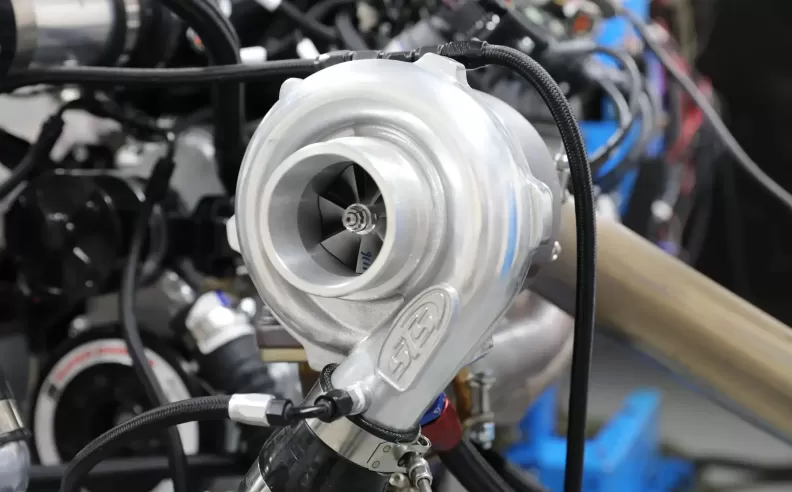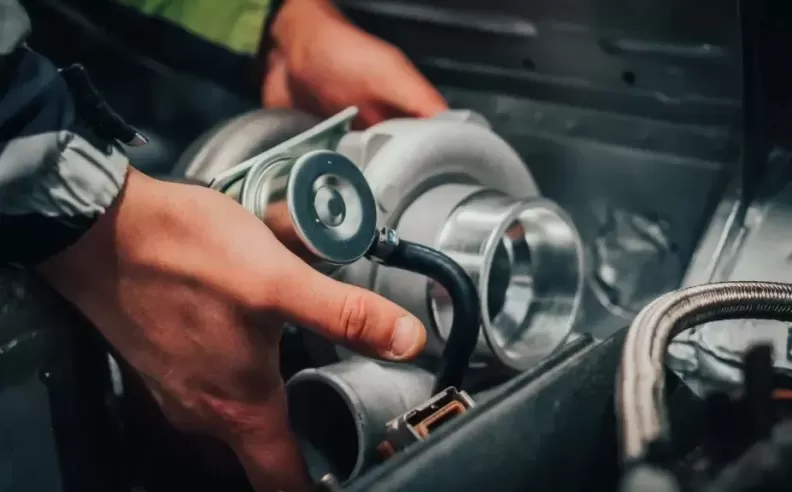
The turbocharged engine has become increasingly popular in modern vehicles due to its ability to enhance performance and fuel efficiency. However, like any other component of your car, the turbo requires proper maintenance to ensure optimal functionality and longevity. Neglecting turbo maintenance can lead to costly repairs and potentially shorten the lifespan of your vehicle.

Engine Warm-Up: Before hitting the road, allow your engine to warm up for a few minutes, especially on cold mornings. This allows the engine oil to reach the turbocharger and properly lubricate its moving parts. Sudden temperature changes can adversely affect turbo performance, so a brief warm-up period is essential for maintaining efficiency.
Avoid Excessive Speeds: While it can be tempting to push your car to its limits, excessive speeds can put undue stress on the turbocharger. Avoid accelerating rapidly, especially when the engine is cold. Wait until the engine reaches the optimal temperature, typically around 90 degrees Celsius, before pushing the throttle.
Regular Oil Changes: The importance of regular oil changes cannot be overstated when it comes to turbo maintenance. High-quality engine oil suitable for turbocharged engines should be used, and change intervals should adhere to the manufacturer's recommendations. Failure to change the oil at regular intervals can result in engine damage, including turbocharger failure.
Maintain Oil Levels: Monitor your car's oil levels regularly and address any leaks promptly. Low oil levels can lead to inadequate lubrication of the turbocharger and other engine components, increasing the risk of damage. If your car is consuming oil excessively, have it inspected by a qualified mechanic to identify and rectify the underlying issue.
Avoid Immediate Shutdowns: After driving for an extended period or at high speeds, avoid shutting down the engine immediately. Allow the engine to idle for a brief period to allow the turbocharger to gradually reduce its rotational speed and lower the oil temperature. This helps maintain the overall cooling system of the car and reduces wear on the turbocharger.
Don't Rev Before Shutdown: Refrain from pressing the accelerator pedal before turning off the engine, as this can cause the turbocharger to continue spinning without proper lubrication. The sudden cessation of oil flow can lead to increased friction and premature wear of the turbo bearings. Allow the engine to idle for a few moments before shutting it down to prevent damage.
Scheduled Maintenance: Follow the manufacturer's recommended maintenance schedule for your vehicle, including regular inspections of the turbocharger. Routine maintenance allows for the early detection of any potential issues and ensures that your turbo operates efficiently.
By following these tips, you can extend the life of your car's turbocharger and enjoy optimal performance for years to come. Remember that proper maintenance is key to preserving the health and functionality of all engine components, including the turbo. Investing time and effort into caring for your turbocharged engine now can save you from costly repairs down the road.

Wael is an automotive content writer specializes in creating written content for Motor 283. Producing a wide range of content, including blog posts, articles, product descriptions, reviews, and technical guides related to cars, trucks, motorcycles, and other vehicles, with an unprecedented passion for cars, and motorcycles.
